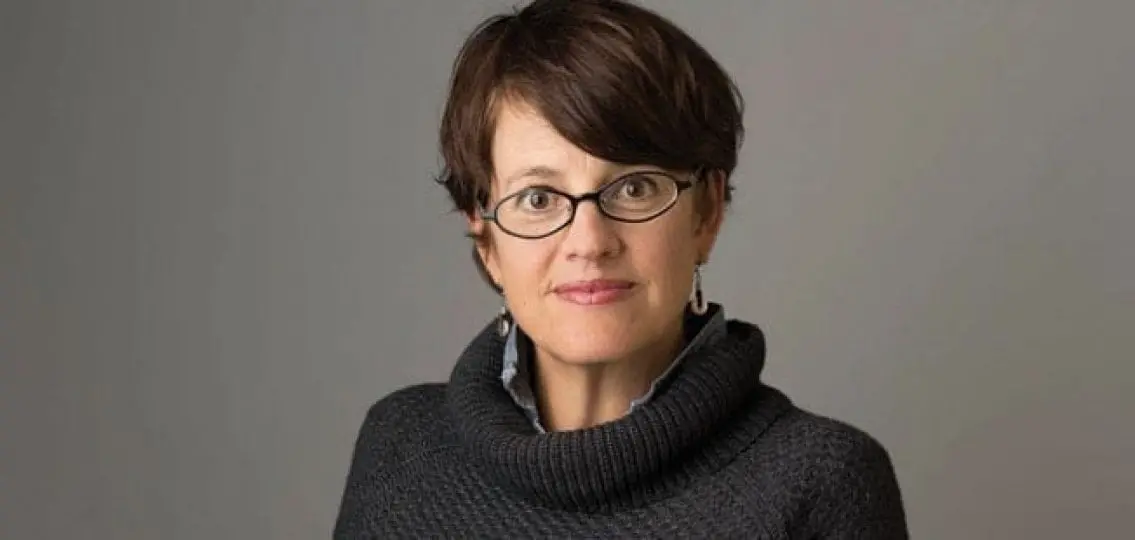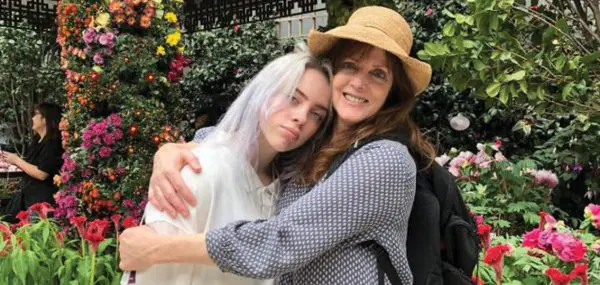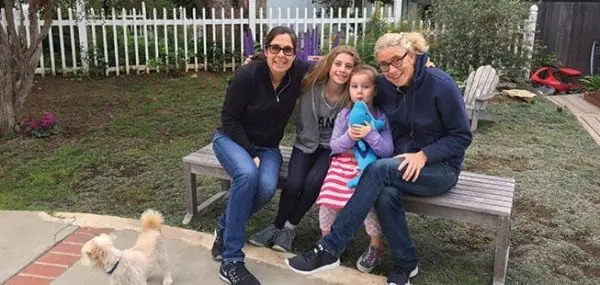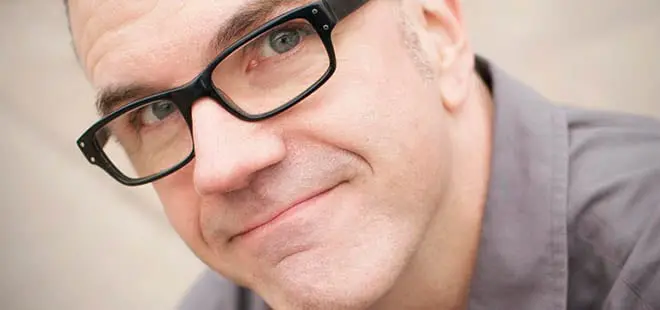Kelly Corrigan charmed me years ago when I read The Middle Place and Lift. I started to pay attention. I especially loved one particular story about Corrigan’s mom who would go to bookstores and move copies of her daughter’s book to a more prominent location in the store. After reading her books, including her newest memoir Glitter and Glue, I had the opportunity to talk teenagers with Kelly Corrigan.
Interview with Kelly Corrigan
Q: What’s been your biggest surprise with parenting teenagers?
Corrigan: Well, I thought I’d be better at it. I thought I was a natural. I thought I was cool and funny and in touch with them, and that that would somehow matter. That it would have some impact on what our daily life together was like. All of that, whether it’s true or not, is all totally eclipsed by the fact that I’m the mother. That defines everything. All of my charms are useless.
Q: Have you had any specific revelations?
Corrigan: It’s surprises me how hard it is to hold the line. I’m very sympathetic to my children. Even when I’m furious when them, I’m actually quite sympathetic. I want to be stricter and firmer than I am. I want to be as unyielding as my mother. But I can’t do it. I can’t hold the line.
Q: Can you share an example?
Corrigan: I often find myself in these re-negotiations after the fact. I’ll lay down a law, like no cell phone for a week. My daughter will go quiet, and my mood will lift. Maybe two or three hours later, she’ll come back in the room and she’ll be really sweet and contrite. She’ll start suggesting alternative punishments. Before I know it, we’re snuggled up. We’re talking about how if she does all the laundry in the house, then she can have her cell phone back. I can never decide if I am modeling flexibility or if I’m inadvertently modeling pushover.
Q: Why does that worry you?
Corrigan: I really worry about the manipulation thing. I think if a kid is being really nice to get something, then when that kid goes to sleep at night they may feel a little scummy about themselves.
Q: What was your mom like?
Corrigan: She wasn’t open to manipulation. I think I want them to like me more than my mother needed or wanted me to like her. I don’t think that was part of her motivation when she raised us.
Q: You have a bit of a potty mouth. How does that affect your girls?
Corrigan: I have done them a disservice. Particularly with the F-word. I’ve seen some Instagram comments on my daughter’s feed. Sometimes she uses the F-word, and she seems so harsh.
Q: How do your girls feel about your work?
Corrigan: They’re not super aware of it. Like most teenagers, they’re fairly self-absorbed, which is right on time developmentally. I don’t think that it plays a very big role in their life, what I do and say.
Q: So you don’t ask permission to write about them?
Corrigan: I haven’t yet because in all three books they’ve been so young. If I were to write about them now, I would definitely feel like I owed it to them to share any passages that touched on their lives. To be honest, I’m going to write privately about that for a while, and let some time pass before I put anything about them in print. It’s too dicey right now. It’s the same way that a mom should never dance in front of her children’s friends, or sing along to the song on the radio. Everything is a reflection on them. They’re utterly self-focused.
Q: I’d like to turn the tables and ask some of the questions you end your interviews with on Medium.com. So, if you had a year to get really good at anything, what would you try?
Corrigan: Writing. I would write in a way that I never have before, or I would write with focus. If I could bring myself to let go of all my other projects, and just try to martial all my energy and focus and attention and intellect on a single project, mainly a novel, I would like to do that.
Q: If your mother wrote a book about you, what would it be called?
Corrigan: Quite Competent.
Q: What would you like to see fixed in your lifetime?
Corrigan: I want to make life easier for the desperately poor. I would like there not to be this huge disparity of what life can be. These children don’t have any of the building blocks that they need to be successful in school. If you can’t be successful in school, you’re never going to get a great job. That just makes me sick that you could be three years old and so far behind that your odds of catching up are minimal.




